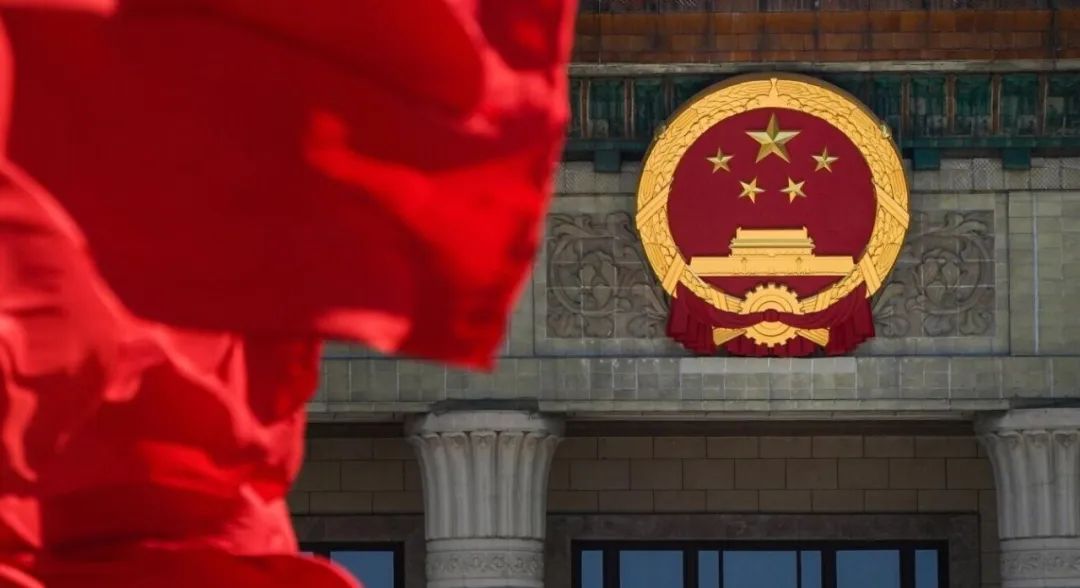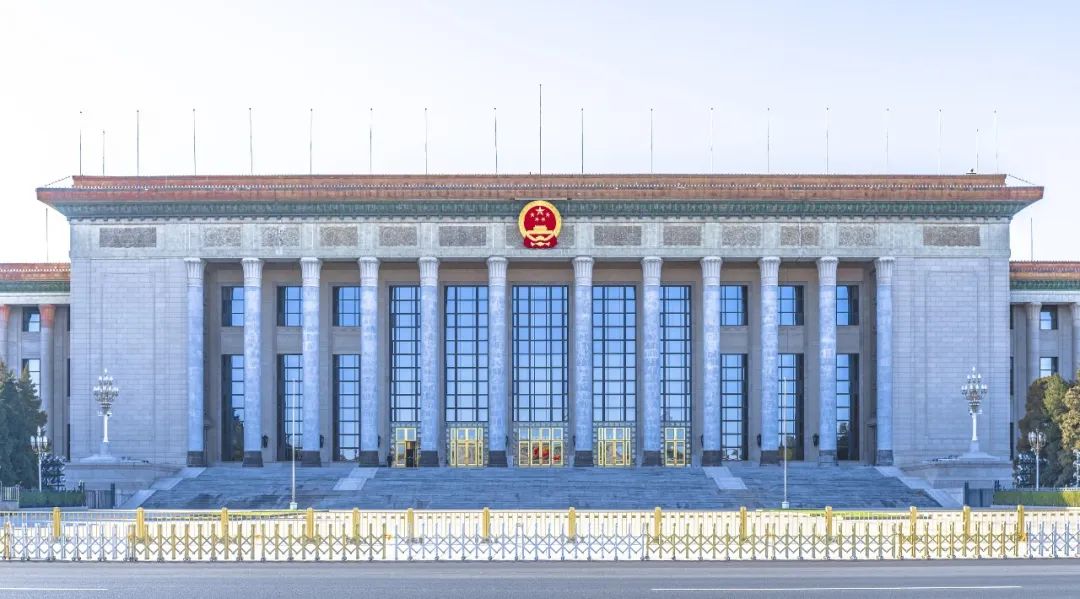《中華人民共和國反間諜法》修訂適時、適合、適度

《反間諜法》修訂契機“適時” Timely Revision of the? Counterespionage Law |
當前,在以中國式現代化全面推進中華民族偉大復興的新征程上,我國發展站在了新的歷史起點,外部環境和安全格局發生了重大變化,《反間諜法》的修訂出臺可謂正當其時、正應其勢。
貫徹黨中央新精神新部署。《反間諜法》的修訂出臺,是落實黨的二十大精神的重要成果,是對中國特色國家安全法律制度體系的重要完善,以制度化、法治化方式推動黨的創新理論在隱蔽戰線落地生根,對深化新時代新征程反間諜斗爭具有重大指導意義,為新時代新征程譜寫“中國特色國家安全之治”新篇章提供了有力法律支撐。

適應反間諜斗爭新形勢。當前,國家安全領域的公開較量和隱蔽斗爭輪番上演,各類間諜破壞活動的主體更加多元、目標更加復雜、領域更加廣闊、手法更加隱蔽、危害更加嚴重,反間諜斗爭形勢嚴峻復雜。近期國家安全機關充分履行反間諜斗爭職責,先后破獲并揭批了美國中央情報局(CIA)間諜案、英國秘密情報局(MI6)間諜案等一系列案件,有力維護了我國國家主權、安全、發展利益。這充分表明,修訂《反間諜法》是加強新形勢下反間諜斗爭的迫切需要,為新形勢下防范打擊各種間諜活動、維護國家安全提供了有力法律武器,為以新安全格局保障新發展格局、以高水平安全保障高質量發展打牢了法治基礎。
China needs to adapt to the new situation in the fight against espionage. At present, there are constant overt contests?and covert struggles in the field of national security. More actors have been engaged in espionage activities with more diversified?targets.?They use?more covert means in broader areas,?resulting in increasingly dangerous consequences. The?fight against espionage?is?severe and complex. China’s national security authorities have fully fulfilled their counterespionage responsibilities. They have uncovered and exposed a series?of espionage cases committed by the Central Intelligence Agency and UK’s Secret Intelligence Service, thus? safeguarding China’s national sovereignty, security and development interests. This fully demonstrates that the revision of the Law is urgently needed to strengthen the fight against espionage in the new situation. It provides a strong?legal basis?for preventing and combating all kinds of espionage activities to safeguard China’s national security under the new circumstances. It lays a solid legal foundation for ensuring a new development pattern with new?security architecture and safeguarding high-quality development with high-level security.
《反間諜法》立法形式“適合” Appropriate Legislative Form of? Counterespionage Law? |
Emphasis on counterespionage is a consensus among countries worldwide. Espionage arose with the emergence of the state. Due to its sensitive behavior, political purpose, foreign subject, secret form, uncontrollable impact, and irreparable damage, espionage has become one of the most serious behaviors among the many factors that jeopardize national security. All countries have intensified their efforts to combat espionage. China safeguards its national security and conducts counterespionage operations in accordance with the law, which is an aboveboard and righteous act.?

Counterespionage legislation is a necessity for major countries. It is an internationally accepted practice to prevent and combat espionage and to avoid the leakage of state secrets for safeguarding national security. The United States passed the Espionage Act in 1917, and enacted the Economic Espionage Act in 1996, which is the world’s first act concerning economic espionage. The United Kingdom introduced the National Security Act 2023, which adds criminal offenses such as sabotage and foreign interference. France has the most detailed legislation concerning espionage crimes in the countries that have a civil law system, with 12 articles related to espionage crimes in the French criminal law. Russia also has detailed provisions on espionage and relevant punishment in the Criminal Code of the Russian Federation.?
《反間諜法》法律賦權“適度” Adequate Legal Empowerment? for?the?Counterespionage Law |
Strict adherence to relevant laws and regulations in China is a priority for the revision of Counterespionage Law. The revision procedures are rigorous and standardized, and the rights and responsibilities regulated in the revised Law are crystal clear. This reflects the openness, transparency and clarity of China’s legislative process.

It is necessary to balance empowerment with restrictions on power. The revised Counterespionage Law properly handles the above-mentioned relationship and strengthens supervision and restrictions on the exercise of public power. In terms of empowerment, it has further strengthened the centralized and unified leadership of the Central Committee of CPC over counterespionage, clarified the definition of espionage in a targeted manner, consolidated the responsibilities of national security authorities in counterespionage law enforcement and supervision, refined disposal measures for counterespionage investigations and expanded the applicable types and scope of administrative penalties. In terms of power?restrictions, the revised Counterespionage Law explicitly stipulates that, “Counterespionage work shall be carried out in accordance with the law, respecting and protecting human rights, and safeguarding the lawful rights and interests of individuals and organizations.”?At the same time, it establishes a chapter on Safeguards and Supervision, which further clarifies the normative requirements for law enforcement by the national security authorities, strictly implements the approval procedures and strengthens supervision on unlawful acts committed by the staff members of the national security authorities.?
 微信公眾號
微信公眾號




